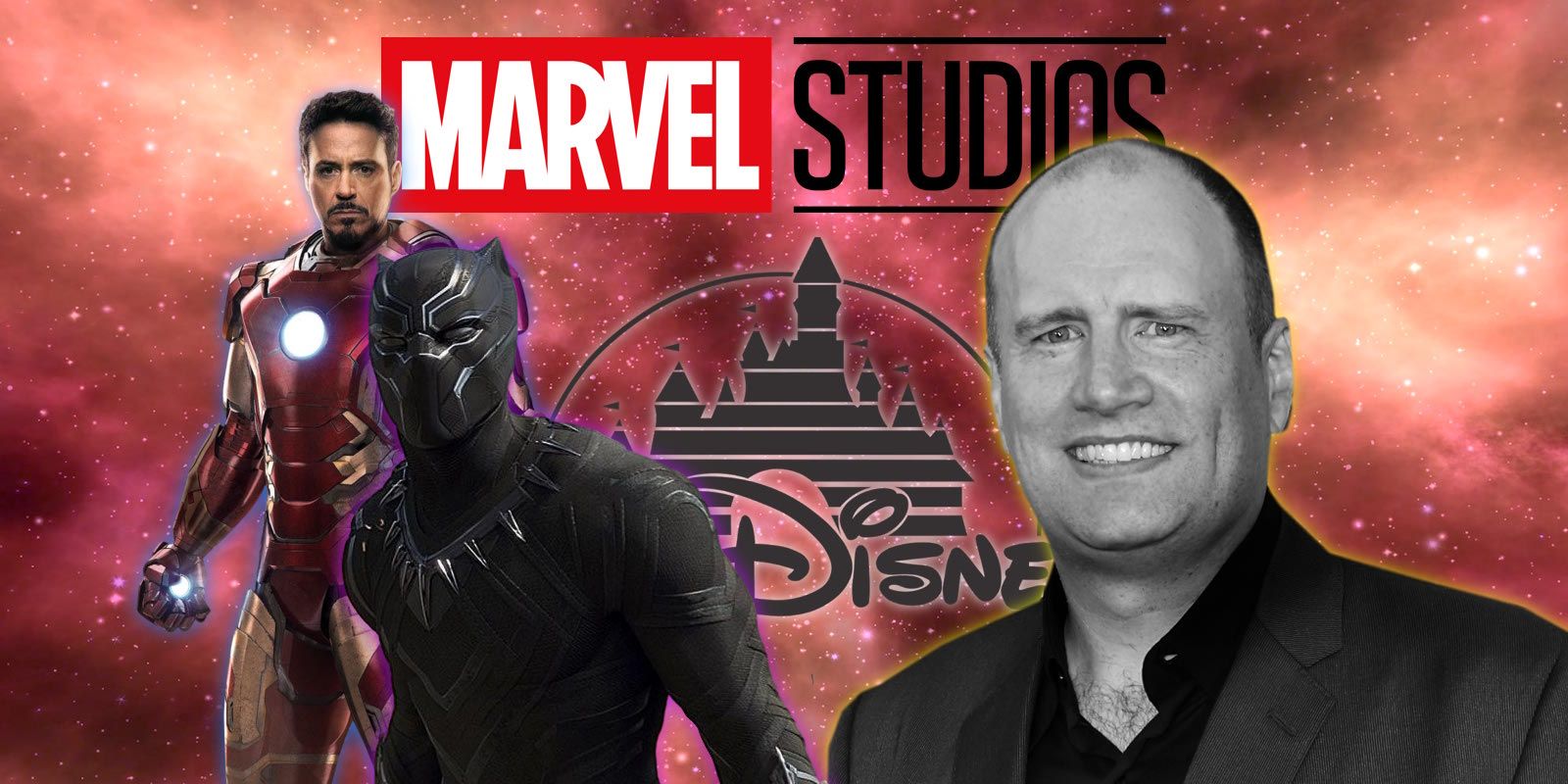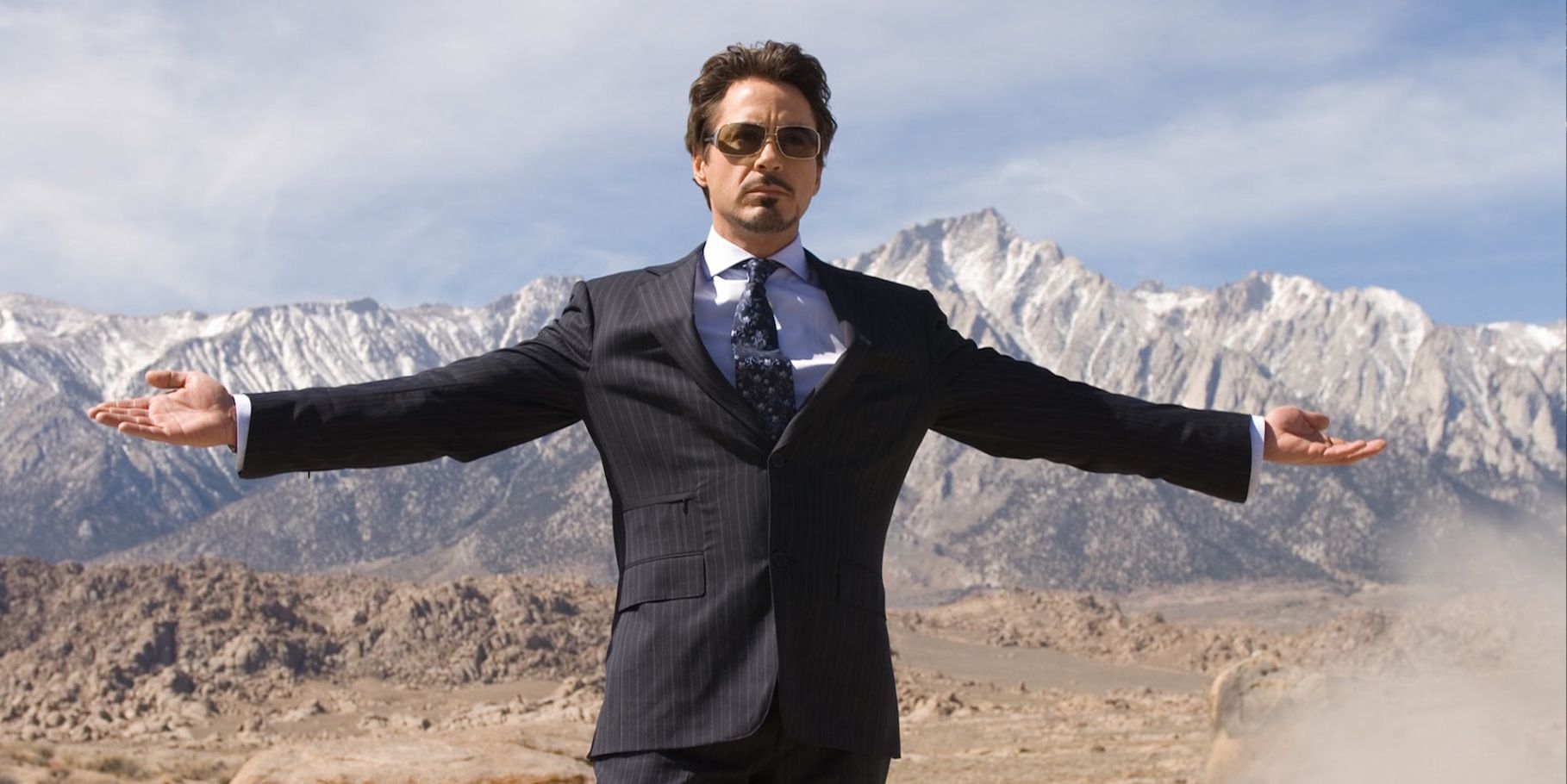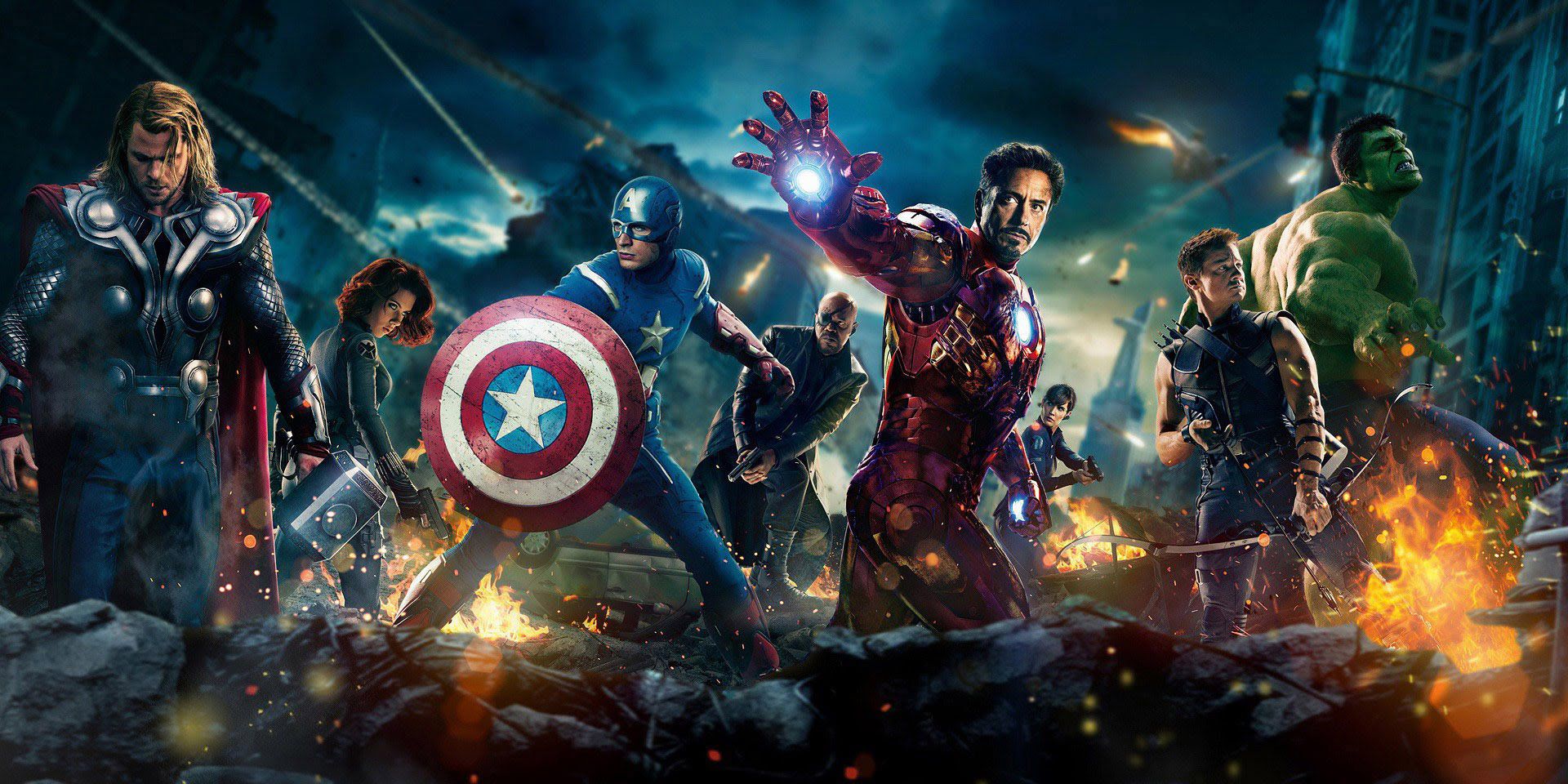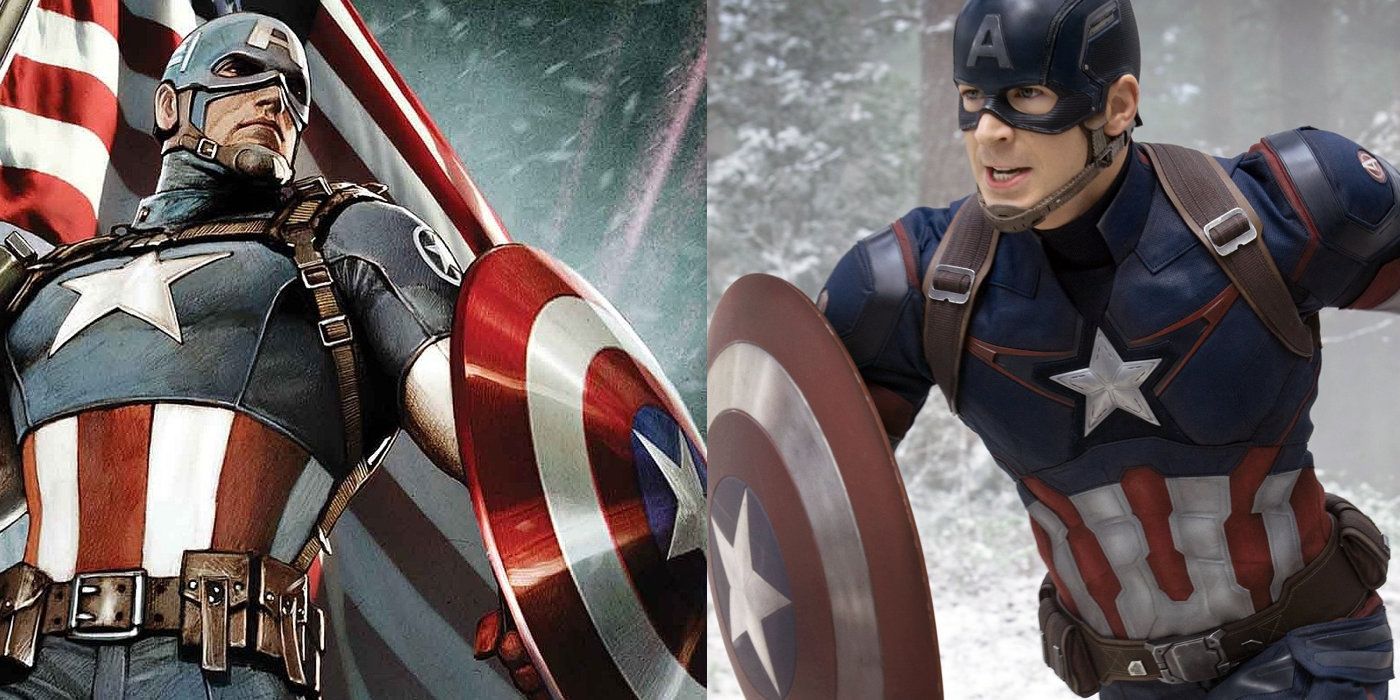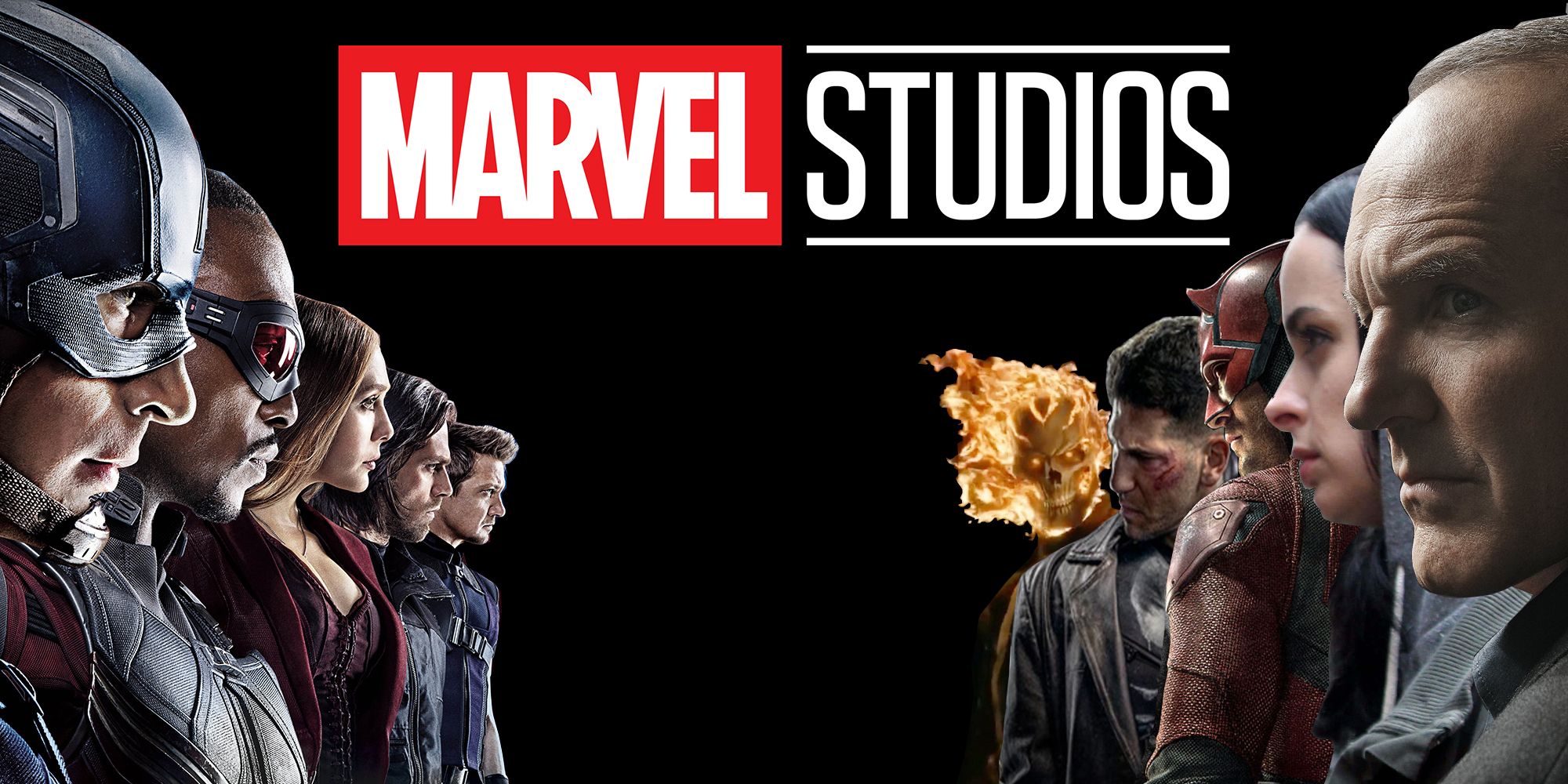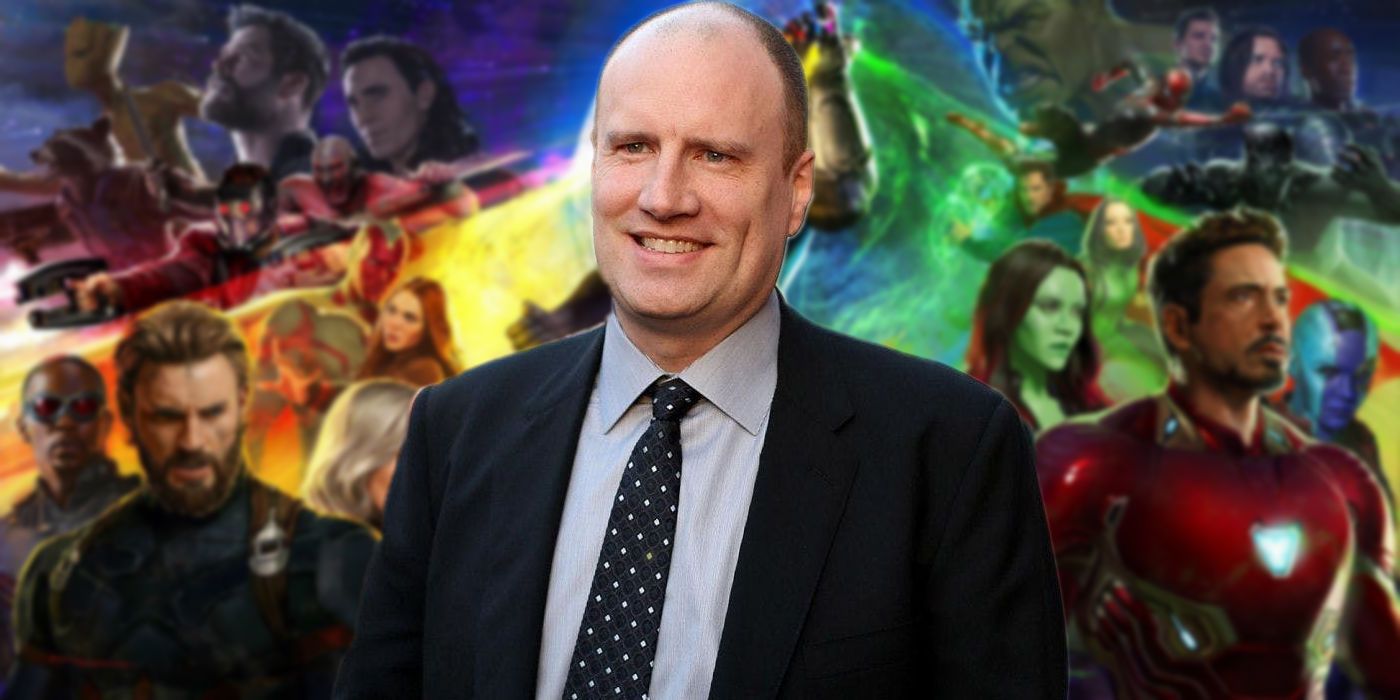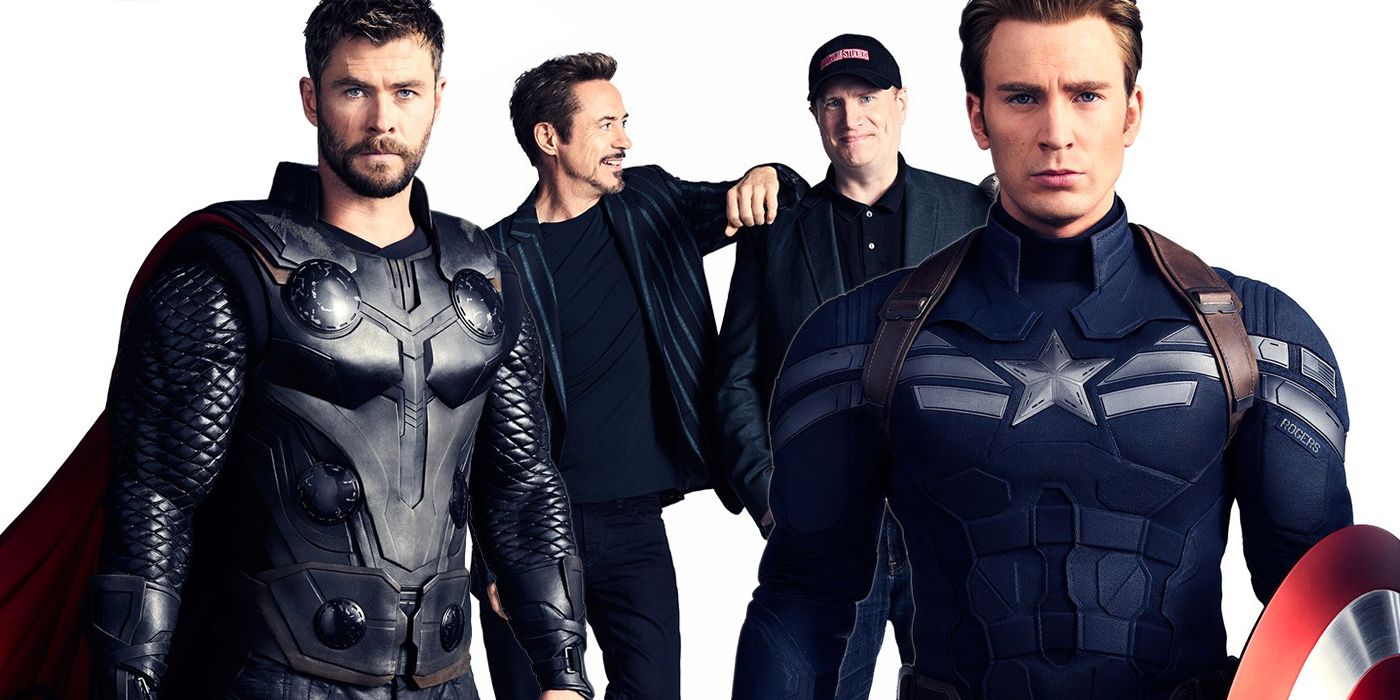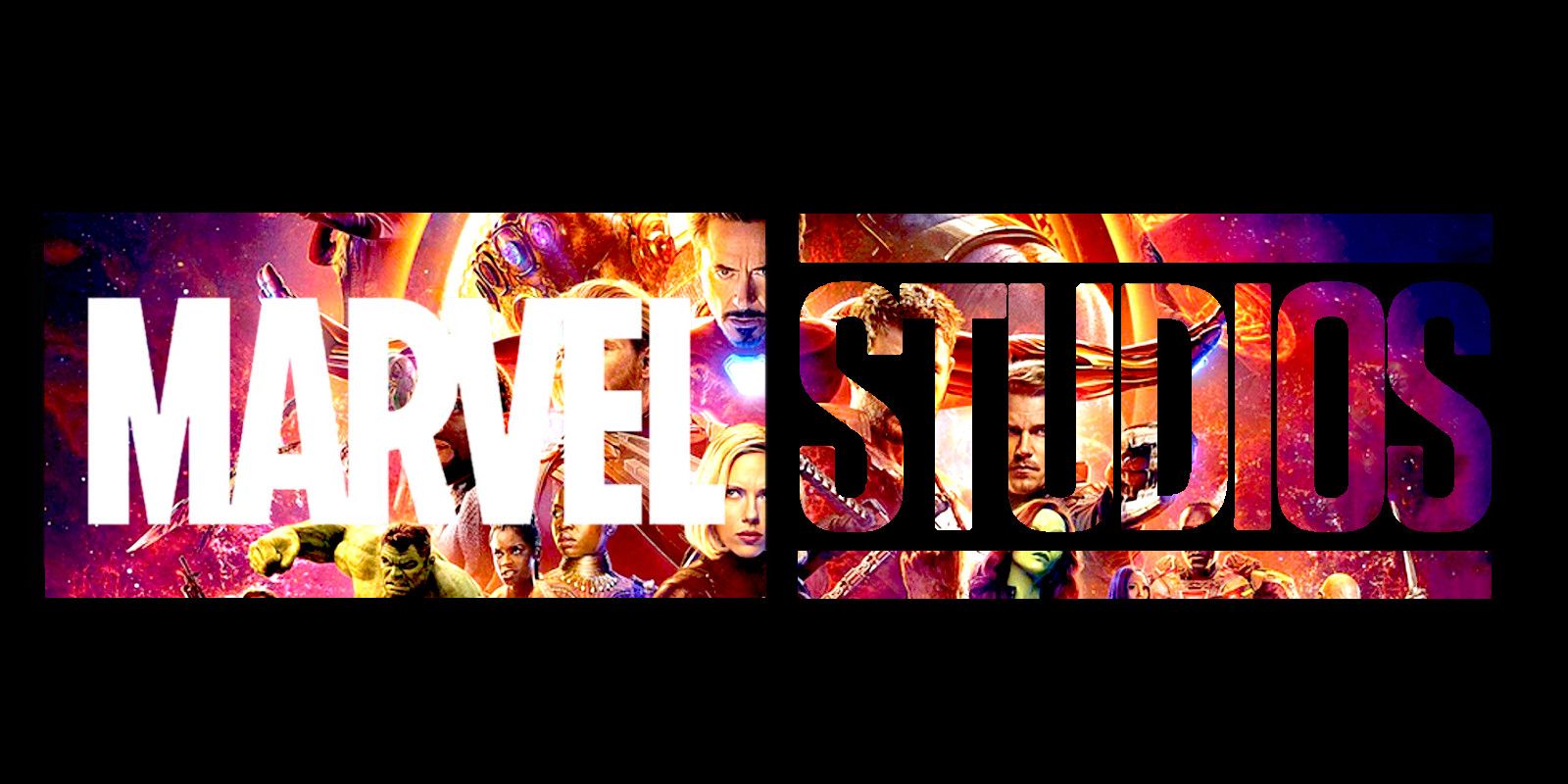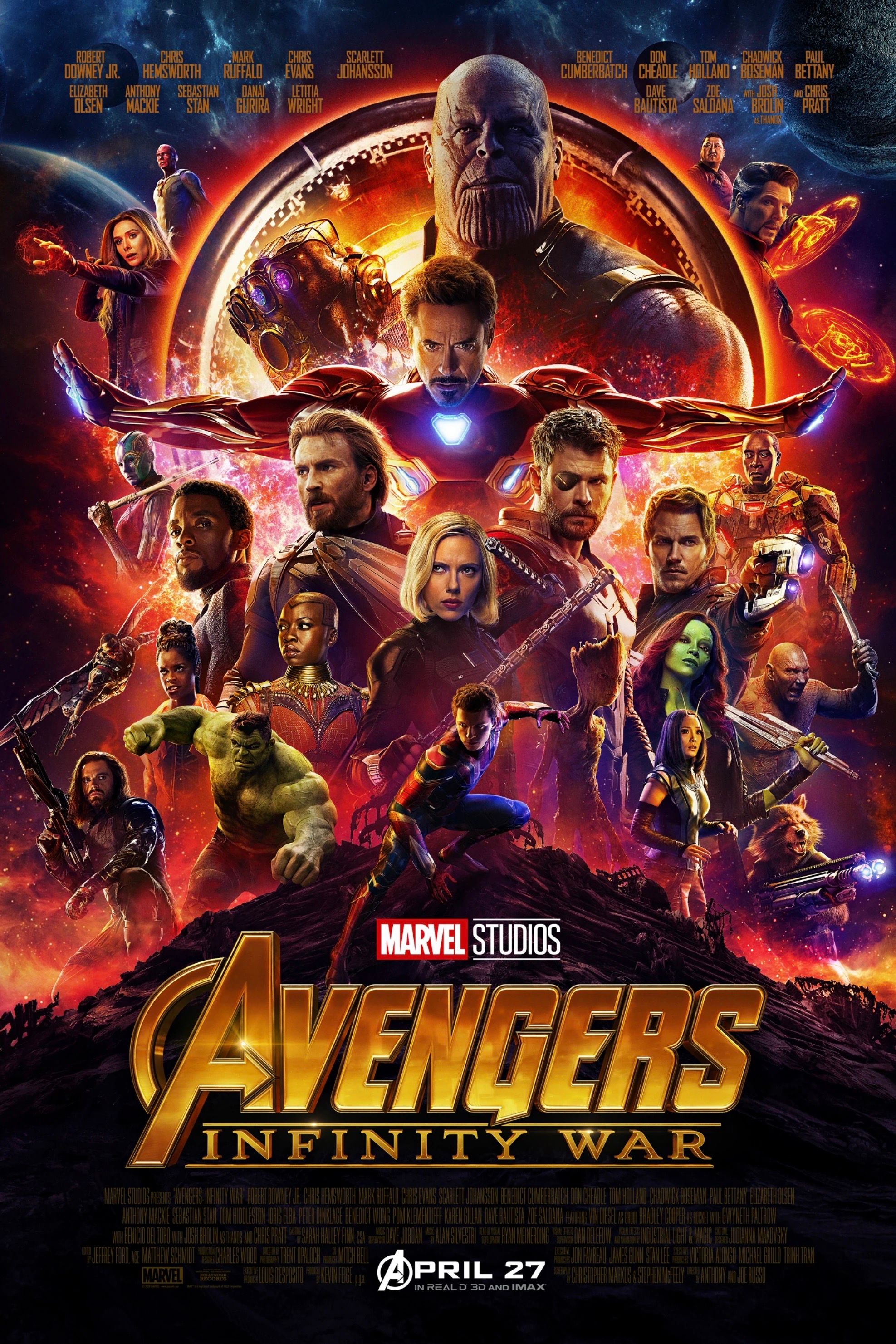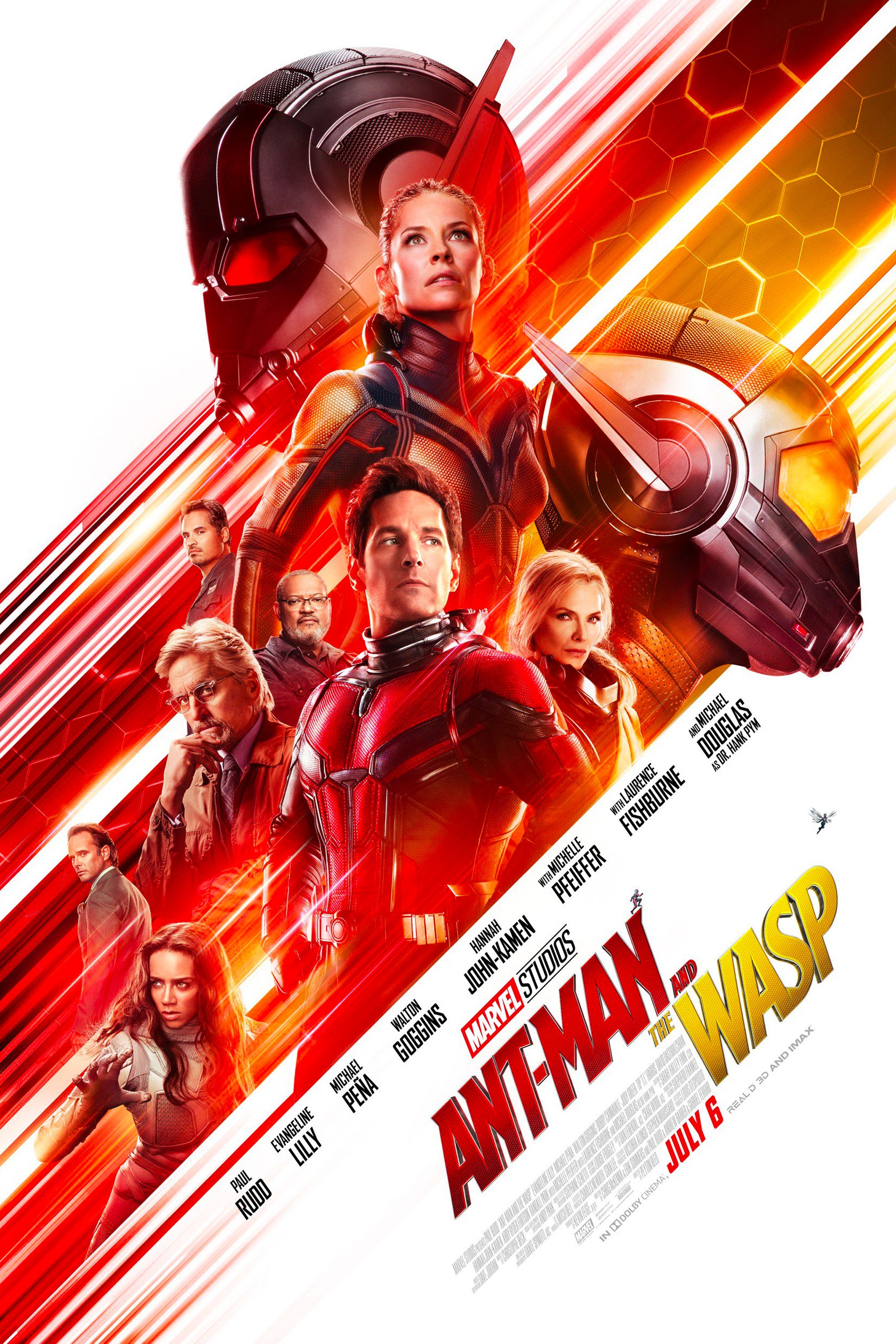Though the Marvel Cinematic Universe currently dominates the box office with each new release, there's often a lot of confusion of how Marvel Studios actually works; how it came to be, and how it slots in with Marvel TV, Marvel Comics, and the larger world of Marvel Entertainment, is still a mystery to even die-hard fans.The difference between Marvel and DC has always been debatable on the comics side, but as both companies have come to stake claims in the film and television landscapes it's grown more pronounced. While DC Entertainment splits all up their stories, Marvel has consolidated more and more of their universe - despite the fact that their various production arms are separate. The split between Marvel Studios and Marvel Entertainment's other branches has led to some major issues, from creative shake-ups to continuity errors. As it stands, the MCU timeline is a bit of a mess - even without taking into account the various TV shows said to fit within the universe.
Read More: Spider-Man Is The Root Of Marvel's Timeline Problems
But the inner workings of Marvel itself and its prolific and successful film studio is even more complex. If the past ten years of box office success has got confusing and you've always wondered how Marvel Studios really works, fret not - we're here to explain.
- This Page: Marvel Studios Origins Before Disney
Marvel Studios Was Very Different Before Disney
Though many assume Marvel Studios began life with the birth of the MCU when Iron Man was released in the summer of 2008, they actually started some time before that. During the '70s, '80s, and '90s, Marvel sold off the rights to many of their characters, leading to various heroes and villains currently being stuck with other studios. But in 1993, Marvel decided to take a more active role in their cinematic future and founded Marvel Films. Marvel subsidiary ToyBiz began playing a more active role, with Avi Arad becoming President and CEO of Marvel Films. In 1996, Marvel Films became Marvel Studios and Ike Perlmutter's role in the company increased. It was under this new leadership that Marvel Studios began working to bring a number of characters to screen, culminating in 1998's Blade being their first venture to arrive in theaters.
By 2004, David Maisel had a plan for Marvel to self-finance its films, becoming a proper movie studio in the process. He was named COO and helped secure funding for the new venture on the back of characters like Captain America, Shang-Chi, Black Panther, Cloak & Dagger, Power Pack, and others. 2005 then saw the new studio secure a distribution deal with Paramount, around which time the Iron Man, Thor, and Black Widow rights reverted back to Marvel. Bruce Banner also came home, though Universal retained first refusal rights - which has since held up future solo films for The Hulk.
How The Disney Deal Changed Everything
With Marvel Comics regaining popularity and Marvel Studios' various film efforts netting them wins with the Blade, X-Men, and Spider-Man franchises, the company was once again a major success after declaring bankruptcy in the 1996. The debut of the MCU and the one-two punch of Iron Man and The Incredible Hulk in 2008 saw the worth of Marvel Entertainment and Studios skyrocket. In 2009, The Walt Disney Company purchased Marvel Entertainment for $4 billion, a price tag many insiders scoffed at. But for Disney, the rise of Marvel and their film division was undeniable.
Read More: Which Studios Own the Rights to Marvel's Characters?
While Paramount continued to distribute Marvel films, 2011 saw Disney gain the rights for the in-development The Avengers and Iron Man 3. The release of the former ended its worldwide run with a box office haul of $1.5 billion, proving the success of the MCU and Marvel Studios wasn't just a fluke and showed that Disney's foresight was accurate. The backing of Disney also allowed Marvel to expand its media efforts, begin a television production company, and attract more and more top-tier creative talent to their films. Though Marvel Studios likely would have continued to be successful under Paramount, there's no doubt that coming under the Disney umbrella catapulted the company and its films to new heights.
Marvel Studios Is No Longer Part Of Marvel Entertainment
Marvel Studios has changed a lot in the past decade. In 2007, Avid Arad was pushed out as Ike Perlmutter backed David Maisel during disagreements between the creatives. The result was that Maisel became the Chairman of Marvel Studios while Kevin Feige was promoted to President of Production. Feige began as a comic and film fan, working his way up alongside Richard and Laura Shuler Donner. His history with comics saw him grow from a production assistant to his current role at Marvel in a relatively short time and it was ultimately his vision and leadership that saw the MCU come to dominate at the box office. But in 2015, Feige removed Marvel Studios from Perlmutter's control and began reporting directly to Walt Disney Studios chairman Alan Horn.
Like Arad, Perlmutter's background in business often put him at odds with Feige and his more creative inclinations. What's more, Perlmutter's conservative tendencies are said to have held back films like Black Panther and even changed Iron Man 3's villain from female to male. Regardless, Feige found it increasingly hard to work with Perlmutter and leveraged his success to get out from under Perlmutter's thumb - and thus remove Marvel Studios from the Marvel Entertainment banner.
Read More: Predicting The Next 20 MCU Movies After Avengers 4
The move also saw the death of the Creative Committee, a group consisting of Alan Fine (President of Marvel Entertainment), Brian Michael Bendis (Marvel Comics writer), Dan Buckley (Marvel Comics publisher), and Joe Quesada (Marvel's Chief Creative Officer), detaching the film company further from the rest of Marvel. Now, Marvel Studios operates as a direct subsidiary of Disney and Feige more or less has complete control and freedom over the fate of the MCU.
Marvel TV Is Not Linked To Marvel Studios
Like with their film rights, Marvel sold various TV rights over the years. Only a handful of live-action shows were created, however, with animation proving much more successful. But with the popularity of the MCU and Marvel's purchase by Disney, television seemed a lucrative new outlet. Disney's ABC became a clear place to launch new material, and June 2010 saw the birth of Marvel Television with comic writer Jeph Loeb named executive vice president, head of television.
Not long after, talks began of Guillermo del Toro making a Hulk TV show and Melissa Rosenberg working on AKA Jessica Jones. The next year also brought word from Loeb of a Cloak & Dagger TV show alongside a series for Mockingbird. Ultimately, the Hulk project fell apart while the Jessica Jones and Cloak & Dagger shows took a bit longer to manifest. But in 2012, Joss Whedon, Jed Whedon, and Maurissa Tancharoen developed Agents of S.H.I.E.L.D. as the first Marvel Television series (which would also eventually included Mockingbird).
From there, Marvel TV expanded with Agent Carter, the various shows within Netflix's The Defenders universe, and Runaways on Hulu. Cloak & Dagger is even on the verge of appearing on Disney's Freeform network as a series after it was proposed as a film over a decade ago. But despite the fact that each Marvel TV show alludes to events from the films, the movies have never returned the favor and any real sense of connection between the two sets of media is left up to fan theories.
Related: Best MCU Moments Not Shown In The Movies
Even before Marvel Studios was pulled out from under Marvel Entertainment, there was a clear separation between the films and TV branches. Still, Marvel maintained the tagline "It's all connected" and even brought a few film characters over to Agents of S.H.I.E.L.D. Now, thanks to the Entertainment move, Marvel Television is even further disconnected from Marvel Studios, meaning a movie and TV crossover for the MCU is almost impossible due to the distance.
Marvel Studios' Power Structure
When Marvel Enterprises and ToyBiz, Inc. merged in 1998, Marvel Entertainment was born. As it stands, Ike Perlmutter is the still the Chairman with Marvel Comics icon Stan Lee serving as Chairman Emeritus. Meanwhile, former Creative Committee members Dan Buckley and Joe Quesada remain as President and CCO, respectively. But with the 2015 restructuring, Marvel Studios and president Kevin Feige operate from under Disney and Alan Horn.
Feige is joined by a variety of creatives and producers, with a few key directors like the Russo Brothers and James Gunn helping to craft the MCU's future. Feige also works closely with Marvel Studios co-president/executive producer Louis D'Esposito and producer Victoria Alonso. It's Feige, D'Esposito, and Alonso who remain intimately connected to each film, while other producers such as Nate Moore help guide individual projects. Though Feige does have to answer to Horn and Disney, it's clear that the scope of the MCU and the decisions on the creative front are clearly within his control. Luckily, Feige's more than willing to let the directors and writers he chooses work to bring their own stories to life.
How Marvel Makes Movies
Most every film that Marvel brings to the big screen has been years in the making. Projects like Black Panther, Doctor Strange, and Ant-Man date back to the earliest days of Marvel Studios and their plan to self-finance films. But the journey can still be a long one. First, Marvel typically secures a writer (or a pair of them) to nail down the character and story. Over the course of the film, more writers tend to be brought on and changes made to the script, with only some of the biggest films being the results of a dedicated person or duo. James Gunn and The Russo's collaborators Christopher Markus and Stephen McFeely fit into this latter category thanks to their history of success.
Related: Avengers Theory: Infinity War Secretly Features Multiple Timelines
From there, a director and star are sought, though sometimes this can even predate a writer - as when Chadwick Boseman was cast as T'Challa and Tom Holland as Peter Parker so they could appear in Captain America: Civil War ahead of their solo films. Marvel then has their team of concept artists begin crafting the look of the characters and the film, with regulars like Ryan Meinerding and Andy Park often revealing their alternate designs after the films are released.
When it comes to directors, the studio casts a wide net. Marvel has a VFX crash course for the directors they pluck from indie success to move into big-budget filmmaking. The tactic hasn't always worked out for Hollywood, but directors like Gunn, the Russos, and Peyton Reed have proved adept at handling the new genre. It's to Marvel's credit that they're able to find skilled and inventive writers and directors with strong bodies of work who can transition from indie films and TV to working on blockbuster films. Ryan Coogler, for example, gained prestige from Fruitvale Station before graduating to Creed, but with the tentpole Black Panther serving as only his third film, it's all the more impressive that it's dominating the international box office and has become one of the most successful films of all time.
Black Panther is also an example of how Marvel's slate means multiple fans are in the works at once; Feige and his team have to oversee more than one film at a time, and sometimes the creatives of each film need to collaborate to ensure a consistent tone and continuity. For example, the Black Panther and Avengers: Infinity War teams worked closely together to make sure the characters and environment of Wakanda worked for the big team-up film. Meanwhile, James Gunn wrote the Guardians dialogue in Avengers 3 while working on the script for Guardians of the Galaxy Vol. 3. While the connection of the MCU can sometimes lead to continuity issues, Feige and the rest of the Marvel Studios' team have also made sure to honor the voices of the people behind each film, which has allowed for a sense of unity even if precise dates don't always match up.
-
Marvel may not have a story group and keeper of mythology like Lucasfilm, but they've proven adept at given audience's stand-alone experiences that still tie into a larger world. And though the disconnect between Marvel Studios, Entertainment, and Television may mean things will never truly be as connected as some die-hards want, the autonomy Feige has puts the fate of the MCU in the hands of someone who's a fan above all else.

